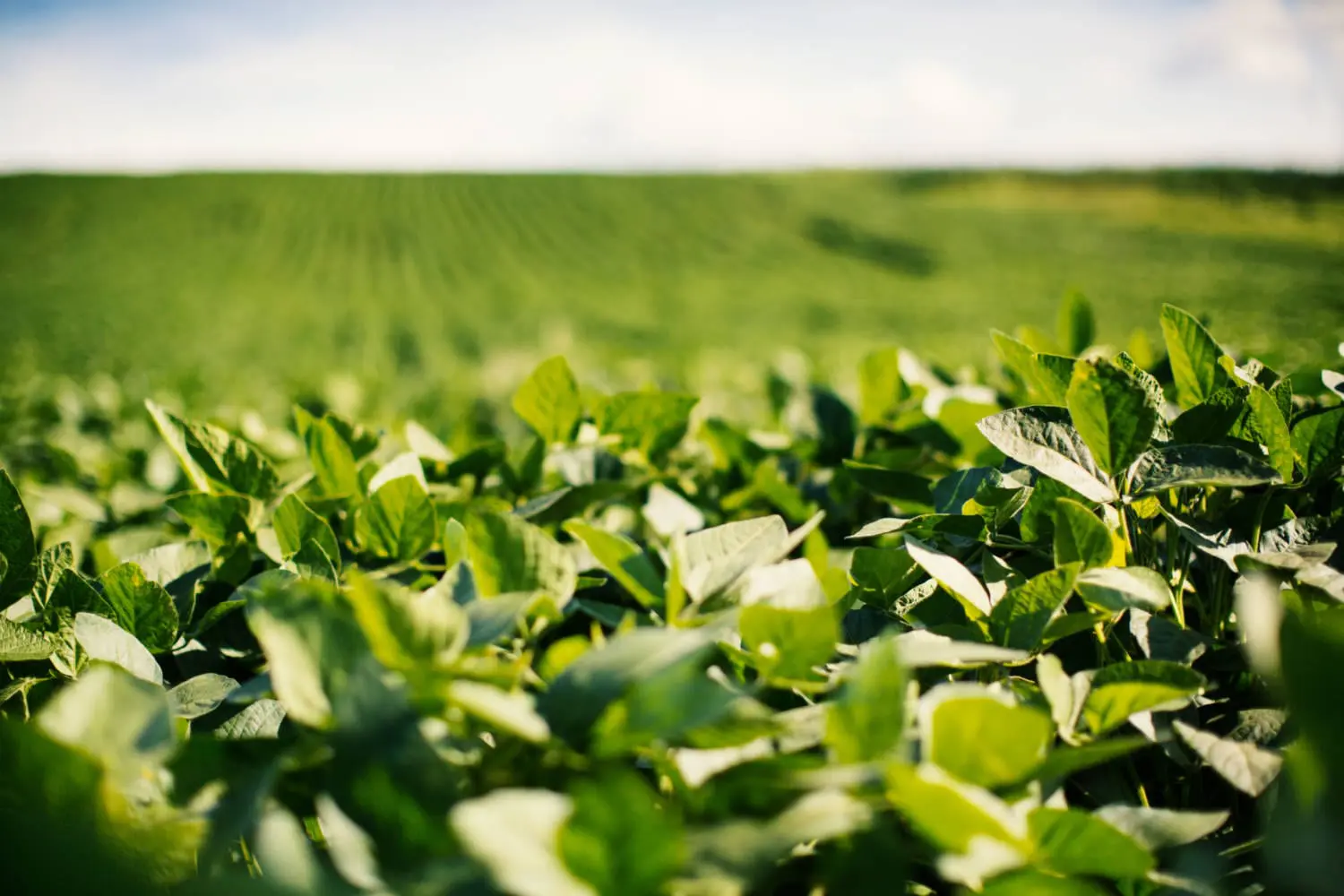A soil health and conservation study conducted by the American Soybean Association (ASA) with support from the Walton Family Foundation found that U.S. soybean farmers prioritize conservation in their fields, with a desire to keep improving.
The study assessed farmers’ attitudes and experiences with conservation programs and practices. It found that on average, U.S. soybean farmers have 14 longstanding conservation practices in place, recently have added new ones, and intend to implement more. And that’s despite having to pay for them. Average spending for all conservation measures totals more than $15,000 per year.
“This study demonstrates soybean farmers’ receptiveness and commitment to advancing conservation practices and efforts,” says Arkansas farmer Brad Doyle, ASA secretary and Conservation Committee member.
In the research, 73% of farmers surveyed said they would implement more conservation measures if they thought it would be profitable to do so. Most farmers (78%) manage rental land the same as land they own, paying conservation expenditures even on rented land, which means the positive practices put in place by farmers extend to all the land they farm.
U.S. farmers value resources and opportunities to learn more about how to continuously improve their soil health and conservation practices.
According to the study, farmers want better information to set up their conservation efforts for success. They value learning from other farmers the most, and universities and grower organizations are trusted sources of information, as well.
“Even with a soft agricultural economy, we have learned farmers are focused on conservation,” says ASA CEO Ryan Findlay says. “That nearly three quarters of farmers are open to economically-feasible conservation measures means there is a world of potential for ASA, our state affiliates, and other partners to aid growers with these initiatives.”
And so, ASA and other soybean industry groups are working to make conservation information and success stories available to U.S. soybean farmers to support their efforts to constantly be more sustainable.
The research study included four focus groups and a quantitative survey among in 13 states surrounding the Mississippi River basin. A third-party group conducted the focus groups and survey.
